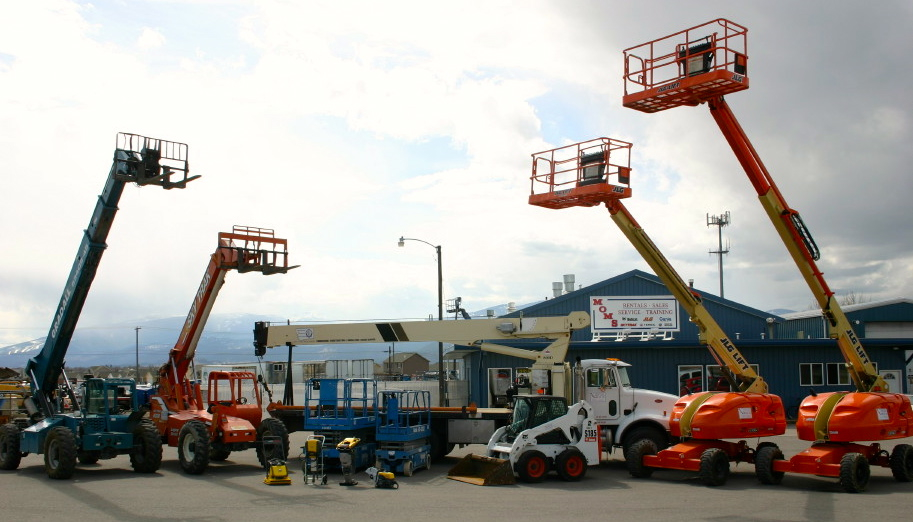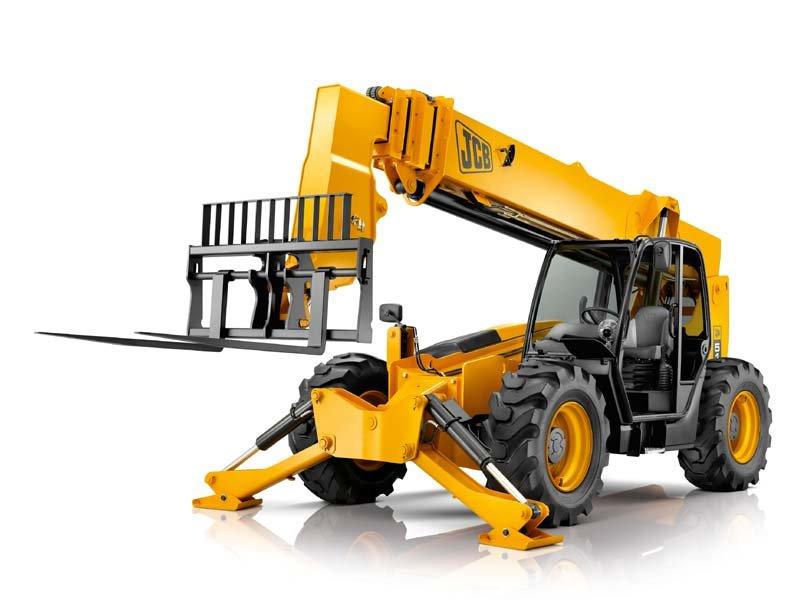Aerial Lift Rental: Versatile Lifting Solutions for High-Access Jobs
Aerial Lift Rental: Versatile Lifting Solutions for High-Access Jobs
Blog Article
Maximize Your Budget Plan by Recognizing the Expenses Related To Construction Tools Rentals
Comprehending the complete range of expenses linked with building tools leasings is crucial for optimizing your budget. While the initial rental charge might seem simple, many extra expenses-- such as transportation, gas additional charges, and maintenance-- can rapidly gather, affecting your economic preparation. Additionally, being aware of different fees and the details of rental contracts can assist avoid unanticipated economic burdens. What approaches can be used to efficiently take care of these costs and make sure a more efficient rental experience?
Summary of Rental Costs
When considering construction devices rentals, comprehending the connected costs is extremely important for effective budgeting and project planning. Rental prices can vary considerably based on a number of elements, including equipment type, period of rental, and area. The preliminary rental fee commonly reflects the devices's market need and its linked operational capabilities, affecting the total expenditure.
In addition to the base rental rate, ancillary expenses might emerge, such as transportation costs, gas additional charges, and upkeep fees. It is vital to account for these additional costs to accurately evaluate the overall expense of renting out tools. Moreover, the rental period can impact prices; longer rentals may qualify for affordable rates, while temporary leasings could sustain higher everyday charges.

Breakdown of Rental Prices
A thorough understanding of rental prices is important for professionals and task supervisors aiming to maximize their budget plans. Rental rates for construction tools normally contain numerous parts, consisting of base prices, time-based charges, and usage costs.
Base prices are the core costs connected with the leasing of the equipment, usually established by the kind and size of the equipment. These rates can differ dramatically, influenced by factors such as devices need, accessibility, and local market trends. Time-based costs, which might be daily, weekly, or monthly, offer to fit different job timelines and rental durations.
In addition, rental prices might include use costs, which are appropriate when devices is used past a specified limit, guaranteeing that the rental company can account for damage. Seasonal need variations can likewise affect rental rates, with peak construction periods typically commanding greater prices.
In addition, comprehending the rental firm's policies pertaining to upkeep and insurance can offer additional understanding right into the overall expense structure. By examining these components, specialists can make educated choices, ensuring the selection of rental tools aligns with both project needs and spending plan restrictions.
Additional Charges to Take Into Consideration
Recognizing the ins and outs of additional charges is crucial for specialists to handle their general leasing costs properly. Past the conventional rental prices, numerous auxiliary fees can dramatically affect the total price of devices rental. These charges frequently consist of delivery and pick-up charges, which can vary based upon range and anchor logistics associated with transferring the devices to and from the work site.
Additionally, some rental business might impose fuel surcharges if the devices is returned with less gas than when rented out. It is also necessary to be mindful of prospective cleansing costs, specifically for customized tools that calls for thorough upkeep after usage.

Thoroughly reviewing the rental contract and making clear these added charges ahead of time can aid contractors avoid unexpected prices and guarantee that spending plans continue to be undamaged throughout the job lifecycle.
Repair And Maintenance Expenses
Routine maintenance and fixing expenditures are often overlooked factors that can considerably affect the overall price of building and construction equipment rentals. When leasing equipment, it is important to consider not only the rental fees yet likewise the prospective expenses related to maintaining the machinery in optimum operating problem.
Lots of rental business consist of standard maintenance as part of the rental arrangement; however, a lot more considerable repair work or unforeseen breakdowns can lead to extra costs. It's important to assess the rental contract meticulously to comprehend what maintenance solutions are covered and what responsibilities fall on the occupant.
Furthermore, tools that is not well-maintained can result in ineffectiveness on duty site, possibly causing delays and increasing task costs. To mitigate these dangers, it is advisable to conduct regular assessments and keep open communication with the rental copyright pertaining to any concerns that arise throughout visit site usage.
Insurance Coverage and Liability Prices
Insurance coverage and responsibility prices are important parts that can considerably affect the overall expenditure of building and construction tools leasings (heavy equipment rental). These prices guarantee that both the rental business and the client are protected from possible monetary losses arising from accidents, damage, or theft during the rental duration

Additionally, clients need to understand any type of deductibles or exemptions in the insurance plan, as these can influence prospective out-of-pocket expenditures. Understanding the terms and conditions of any insurance policy protection is essential to prevent unanticipated prices. Ultimately, budgeting for insurance coverage and liability expenditures can aid make sure a smoother rental experience and safeguard against monetary dangers connected with building and construction projects.
Verdict
In verdict, an extensive understanding of the costs associated with construction tools leasings is necessary for reliable budget management. Eventually, notified decision-making relating to devices rentals contributes to the overall success of construction endeavors.
Rental expenses can vary considerably based on several variables, including equipment type, duration of service, and location (aerial lift rental). The rental duration can influence prices; longer leasings might certify for affordable rates, while temporary services could incur greater daily costs
By carrying out extensive study and engaging with respectable rental business, contractors can successfully browse the complexities of rental rates, eventually maximizing their economic resources.
Beyond the standard rental prices, various supplementary fees can dramatically affect the overall price of equipment service. Rental business typically give responsibility insurance that covers heavy duty cable stripping machine injuries to third celebrations or damages to residential or commercial property, while equipment damage insurance policy can cover the expense of repair work or substitute if the leased equipment is damaged.
Report this page